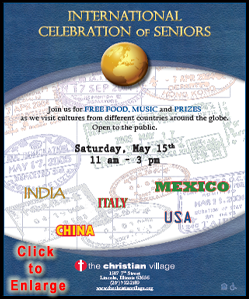| ||||||||||
| ||||||||||
While it is still unclear what will emerge from the current crisis, analysts are saying the genie is out of the bottle: Any future government will be forced to cope with these pivotal issues. And should it engage in another Thai specialty
-- sweeping problems under the carpet -- critics say the country risks an upheaval of far greater magnitude than the current "battle for Bangkok." "The message of the rural resident is clear: a new Thailand with a new identity which is no longer submissive but one in which the Thais know their rights," says Pavin Chachavalpongpun of Singapore's Institute of Southeast Asian Studies. "It also reveals the unattractive truth behind certain Thai images. That is, that this society is not homogeneous and that the people profess different political ideologies," he added. It is perhaps no coincidence that some of these divisions are emerging so starkly as Thailand's 82-year-old King Bhumibol Adulyadej, a vital glue to Thai society, remains hospitalized and seemingly no longer able to step in to mediate crises as he has done several times during his 60-year reign. Once a taboo subject, the monarchy itself has become a topic for debate, although Bhumibol has made no public statements himself. Some radical Red Shirt supporters want a total abolition of the ancient institution and censors are working overtime to shut down a mushrooming of anti-monarchy websites. The key Red Shirt leaders profess loyalty to Bhumibol, who is still widely revered, but envision future monarchs as more akin to the figurehead royals of Europe. Abhisit, too, has told foreign reporters that the issue "should be discussed but it must be done in such a way that is constructive." "The elite face something none have ever experienced before, royal succession," says Paul Handley, author of a biography of the king. "By all signs the crown will pass to his only son Prince Vajiralongkorn, who has no record serving as a leader or uniter of the country. While his father has a reputation for fair and good judgment, he does not yet have that reputation." While Abhisit has said he recognizes that the poor and disadvantaged expect more from their country, the question remains if the elite can deliver. Says Handley: "It is not clear yet that the elite has got the message that something fundamental needs to change to enable the country to develop a more stable, effective political system for the long term."
[Associated
Press;
Copyright 2010 The Associated Press. All rights reserved. This material may not be published, broadcast, rewritten or redistributed.

News | Sports | Business | Rural Review | Teaching & Learning | Home and Family | Tourism | Obituaries
Community |
Perspectives
|
Law & Courts |
Leisure Time
|
Spiritual Life |
Health & Fitness |
Teen Scene
Calendar
|
Letters to the Editor